Four years, 100 episodes, and 2500 listeners; JP Davidson credits his full-time career in audio to a “bootstrap” podcast that’s now offline.
Davidson is a Canadian podcast producer, studio owner, and radio journalist. He makes a living running Pop Up Podcasting in Ottawa, Ontario. But his background wasn’t in audio. His foray into the industry started because he liked listening to podcasts. “I was a public radio lover for a long time,” he says. Specifically, This American Life. He bonded with a friend over their love for the show and they decided to start their own. “We were both single at the time and trying out online dating, so dating and relationships ended up being the theme for our podcast.”
I still tell clients this: podcasting is a lot more work than people expect it to be. And that was true for us, with that show.
The show, featuring Davidson and his friend Elah Feder, was called I Like You. They recorded it on her kitchen table with whatever equipment they could get their hands on, which at first was two USB microphones plugged into a laptop. That didn’t work well and they ended up with “some weird audio artifacts” and some episodes were totally unusable. “I started as a hobbyist and made all kinds of mistakes along the way,” Davidson says.
That was almost 10 years ago.
I Like You published 100 episodes over the course of four years. The first year, they published 50 episodes, which took them about 10 to 20 hours per week. After deciding that this pace wasn’t sustainable, they moved to publishing at a slower rate for the remaining three years. By the end, they had switched to recording on a Zoom H4n and were getting up to 2500 downloads per episode.
“It was never huge, but it felt big to us,” says Davidson. “We were getting some positive feedback and no particularly negative feedback.”
It was enough to land a sponsorship from Audible, which paid about $10 for every person that used their specialized link to sign up for a trial. A few companies got in touch about advertising, but most were brands they didn’t feel comfortable pursuing, like a sex toy company. The two paid for hosting and gear, but never paid themselves. They kept their day jobs.
By 2015, the show had come to an end. “We had gotten what we wanted out of it,” Davidson says. “The rewards—both financial and ego-wise—were not fueling it. We weren’t as excited about learning as we were in the early days.”
Right as they ended the show, Davidson notes, podcasting exploded. “I had some regrets about not carrying on. I think we could’ve continued to build the audience,” he says. “But I felt like it had run its course. I still tell clients this: podcasting is a lot more work than people expect it to be. And that was true for us, with that show.”
The feed for I Like You is offline, but Davidson says he’s still thankful for the experience: “That side-project podcast led me to where I am now, which is my full-time job in podcast production.”
He encourages other podcasters to take the plunge. “The best advice is to just start. There’s a chicken-and-egg thing, where you think, ‘I need a nice acoustically treated room with four microphones around a table to do a really nice-sounding podcast.’ But as far as my trajectory goes, I never would’ve gotten that if I hadn’t started with whatever I could scrounge.”
He reminisces about a time when he took a job to do a tape sync but didn’t have any recording gear, so he rented equipment. He used the money from the job to cover the rental fees and to purchase his next microphone. “There’s a lot of that kind of bootstrapping and then scrambling to figure it out,” he says.
His other piece of advice is to publish regularly since it “reminds people you exist.”
“Making something on a consistent basis and getting it out there is more important than making something absolutely perfect,” he says. “When it comes to building an audience, it’s a slow process, like rolling a snowball. It gets bigger and bigger over time.”
Davidson also recommends investing in formal training if you want to podcast professionally. He took a two-month intensive podcast workshop in the US that paid off. “It was a lot of time and money and I took a leave of absence from my relatively comfortable job. But I went down there and focused on learning these skills,” he says. “There wasn’t one giant leap moment but a lot of small leaps along the way.”
His current studio has professional audio- and video-recording capabilities and hosts a wide range of clients, from the Business Council of Canada to local restaurants. “I’m really proud of how far things have come,” he says.
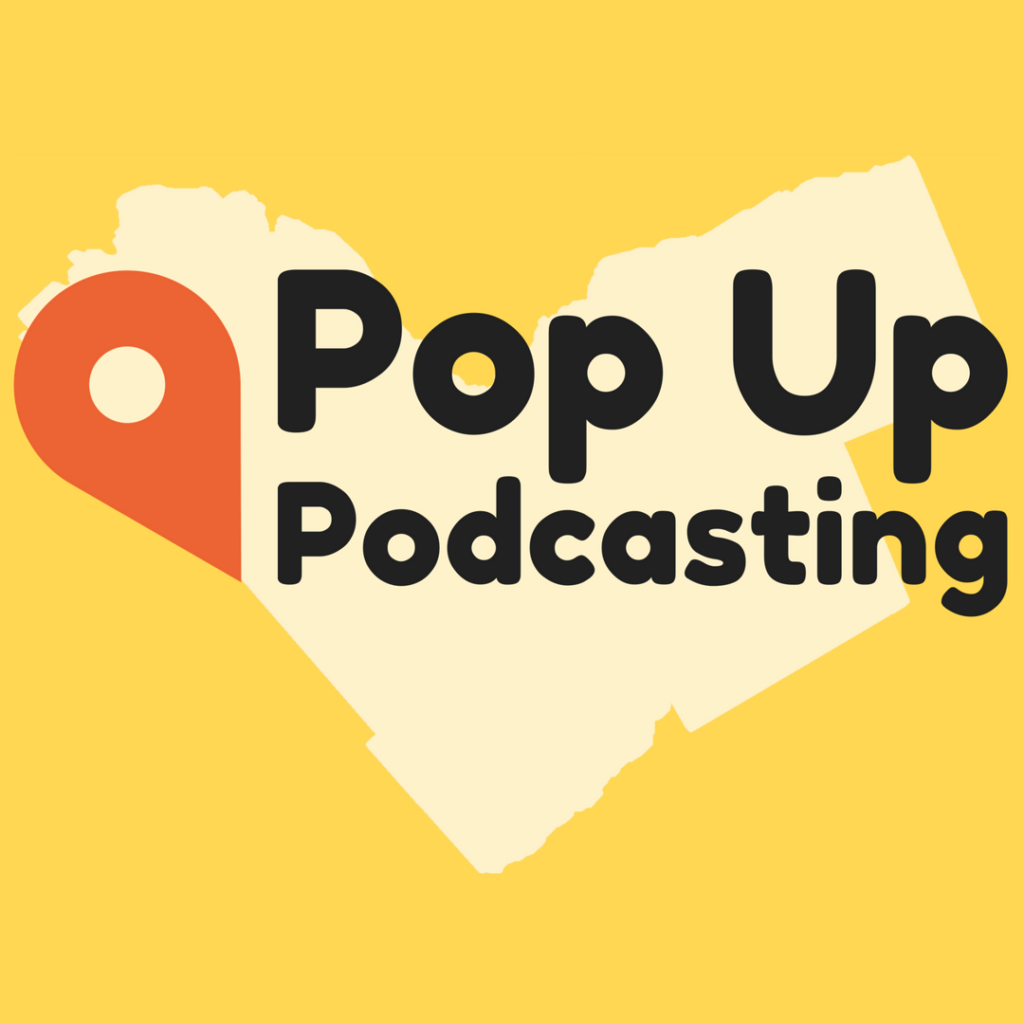
Feder is also working full-time in the podcasting industry.
“I never thought when I was sitting in my friend’s kitchen—with a couple of mismatched microphones—that we’d get this far. It’s been pretty awesome,” says Davidson.
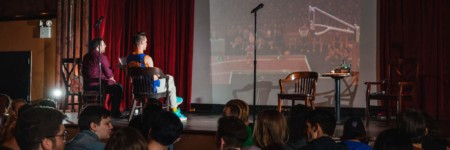
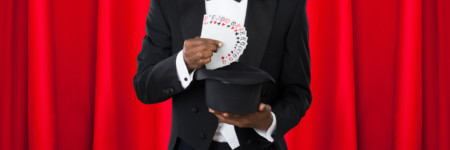
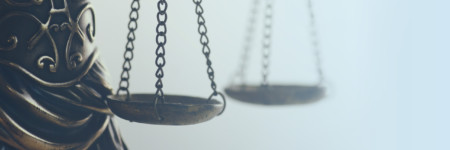
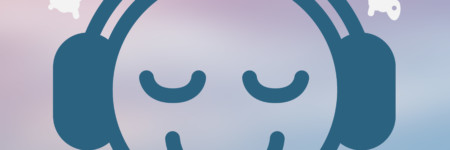
Comments